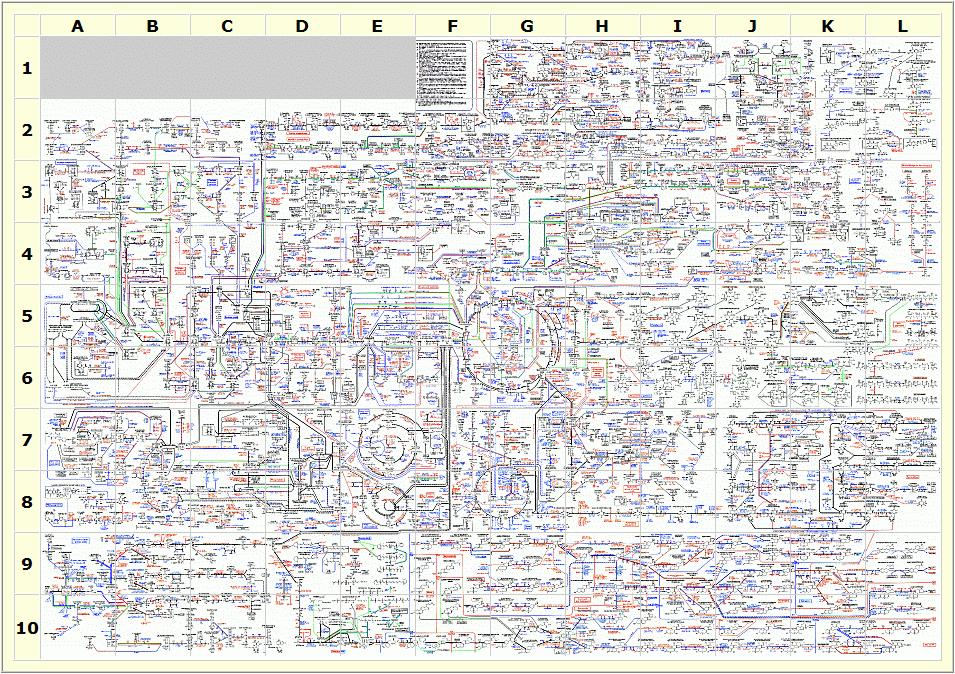If, despite virtually impossible odds, proteins arose by chance processes, there is not the remotest reason to believe they could ever form a membrane-encased, self-reproducing, self-repairing, metabolizing, living cell.a There is no evidence that any stable states exist between the assumed formation of proteins and the formation of the first living cells. No scientist has ever demonstrated that this fantastic jump in complexity could have happened—even if the entire universe had been filled with proteins.b Link
[click to youtube for full scale video]
Living cells contain thousands of different chemicals, some acidic, others basic. Many chemicals would react with others were it not for an intricate system of chemical barriers and buffers. If living things evolved, these barriers and buffers must also have evolved—but at just the right time to prevent harmful chemical reactions. How could such precise, seemingly coordinated, virtually miraculous events have happened for each of millions of species?a
All living organisms are maintained by thousands of chemical pathways, each involving a long series of complex chemical reactions. For example, the clotting of blood, which involves 20–30 steps, is absolutely vital to healing a wound. However, clotting could be fatal if it happened inside the body. Omitting one of the many steps, inserting an unwanted step, or altering the timing of a step would probably cause death. If one thing goes wrong, all the earlier marvelous steps that worked flawlessly were in vain.Link
Here is part of the biochemistry of a single human cell:

Bear in mind that in Darwin's day, Ernst Haeckel refered to the cell as "a simple little lump of albuminous combination of carbon."
Guess he was wrong...